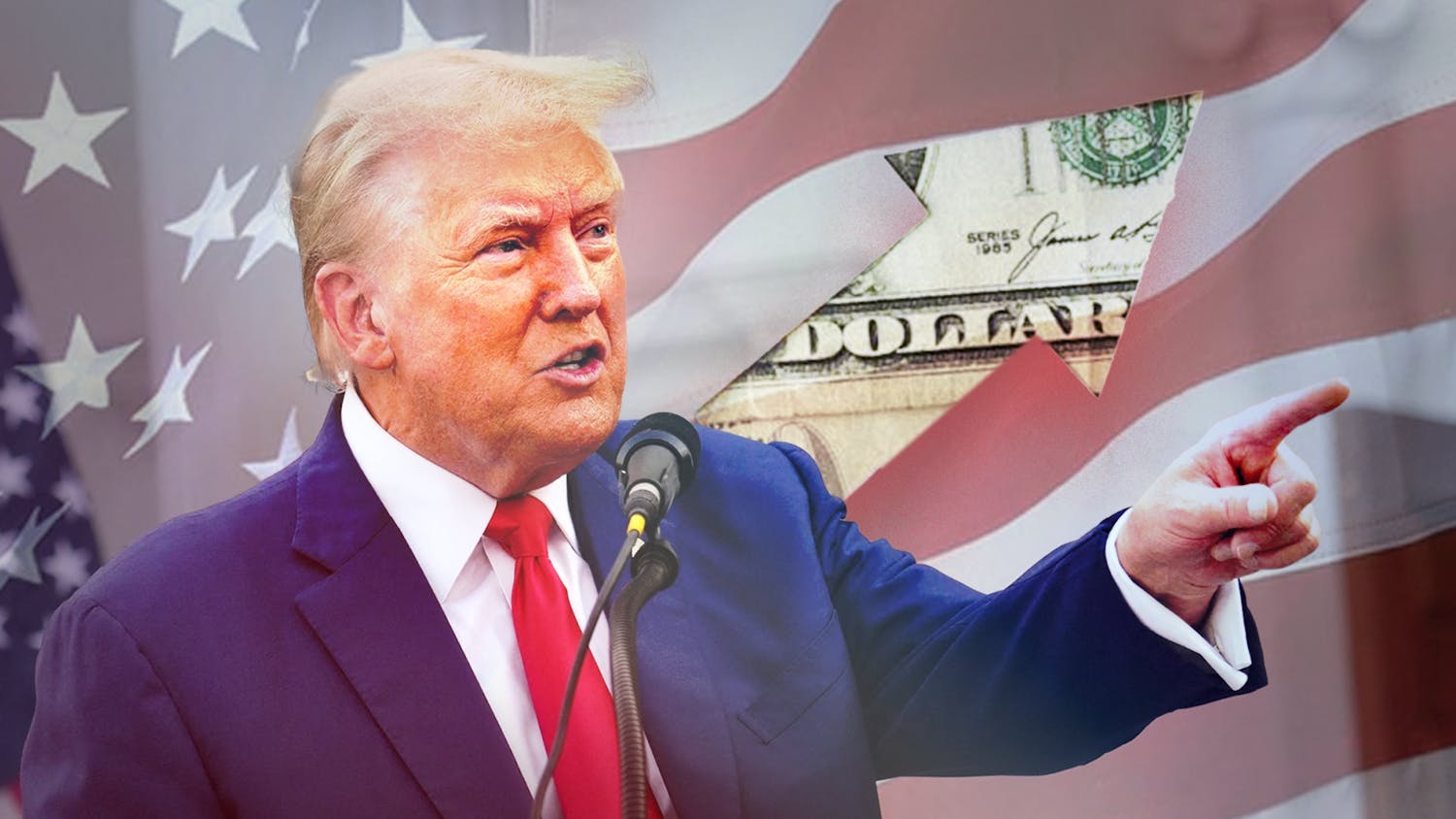In 1913, the U.S. adopted the 16th Amendment to the Constitution, which created the income tax as a permanent source of revenue for our government. The growth of the income tax both in importance and complexity has rewarded generations of graduates of UF's Fischer School of Accounting.
In this era of high unemployment, few policies would be more beneficial to job creation and growth than to drastically simplify the tax code and force all of my smart friends who know tax loopholes to go start their own businesses.
There has recently been a lot of talk about raising the top tax rate for the most privileged Americans to 39.5 percent. Warren Buffet has complained about his low tax rate of around 17 percent, but increasing that tax rate would take a lot more money out of the pockets of doctors and lawyers than those of hedge fund managers.
Buffet takes advantage of every tax loophole and credit imaginable, as he should. If you are rich, buy stock in a company and wait at least a year to sell it, you get taxed at 15 percent instead of 35 percent if you made the money doing actual work.
If we listen to Buffet and increase only the top marginal rate, we are punishing small-business owners and other professionals who have high salaries but make little in investment gains.
If one looks at the corporate income tax, the picture is even more obscene. For tax year 2009, General Electric Co. paid $0 in income taxes. In 2010, Carnival Cruise Lines paid 1.1 percent in income tax. Both had billions in pretax income.
These rates occur when the top marginal tax bracket for businesses is 35 percent, one of the highest in the world. These companies took advantage of legitimate business expenses, deductions and loopholes. The problem is that they can do this while a smaller business without a tax department loaded with hundreds of talented employees cannot.
The tax code is the federal government's effort to control individual and corporate activity. We are rewarded for having children, penalized for being single, credited for producing ethanol and punished for making money the old-fashioned way instead of investing.
If you are a student renter, you lose to the system because there is no special tax treatment for renting, while a plethora of exemptions exist for your landlord. Our tax code is discriminatory because someone making $150,000 could pay 35 percent (actually more if he or she lives in high-tax California or New York) or 0 percent if he or she has a brilliant accountant.
Smart people must devote a large percentage of their time to tax planning instead of focusing on activities that are truly productive.
An accounting friend joked to me that he needed taxes to stay complicated, otherwise what would he do? If you're smart enough to get a good grade in financial accounting, I'm not worried about your ability to make a living.
Plenty of jobs would still exist for accountants and lawyers, as taxes are just a portion of what they do. Think of the power of formerly unproductive workers (in an economic sense) taking their brains to other areas of our economy.
Though it has flaws, the economic plan put forward by Jon Huntsman, a Republican candidate for president, is a step in the right direction.
He eliminates many credits and deductions and reduces the tax brackets to 8 percent, 14 percent and 23 percent. The tax code retains some degree of progressiveness while drastically simplifying everything.
If these tax rates would also apply to capital gains, or even if the capital gains rates remained unchanged, this policy would go a long way in allowing individuals to figure out the most productive use of their labor, capital and time.
Let's make a tax system that a college-educated citizen can complete in 10 minutes, not 10 hours.
Travis Hornsby is a statistics and economics senior at UF. His column appears on Mondays.





